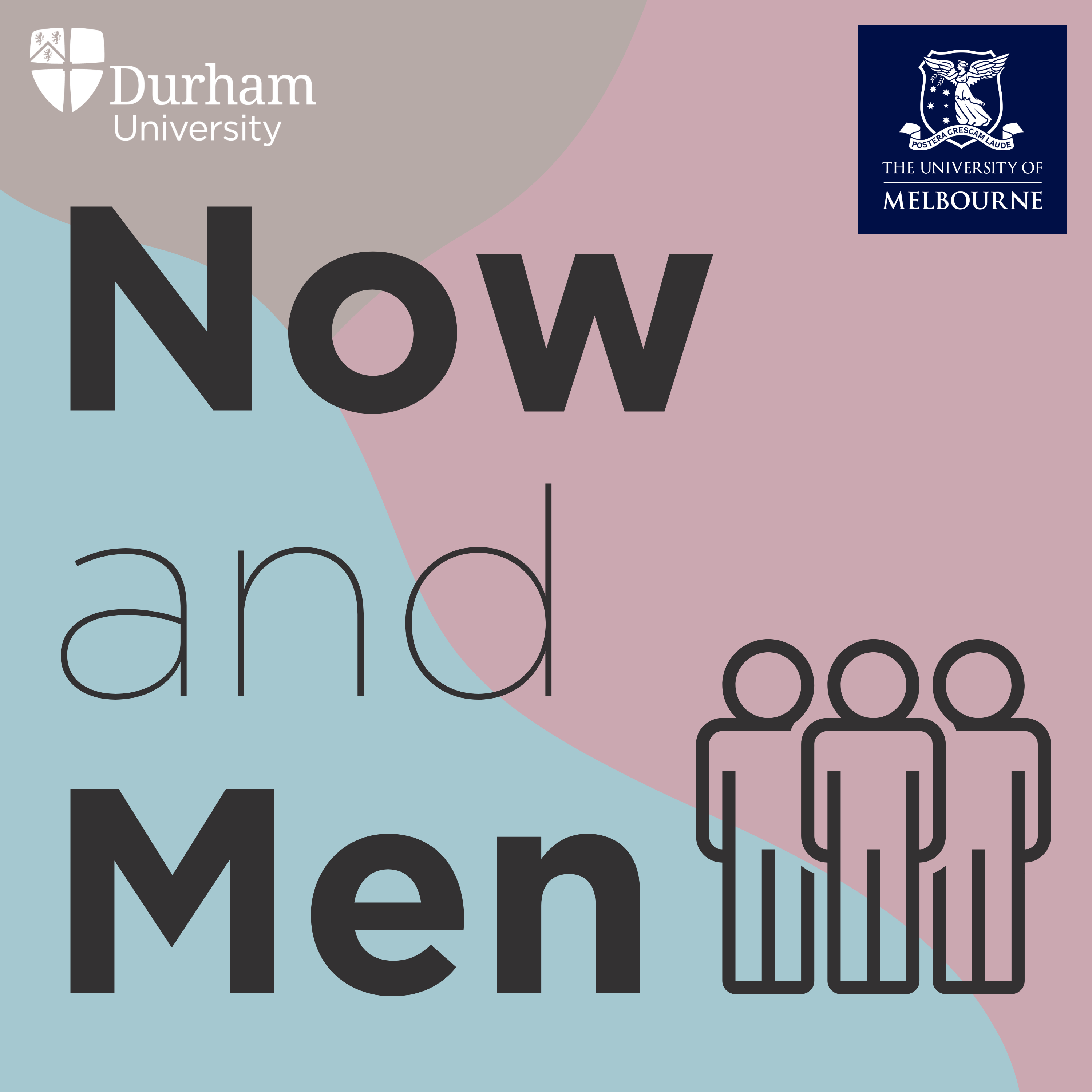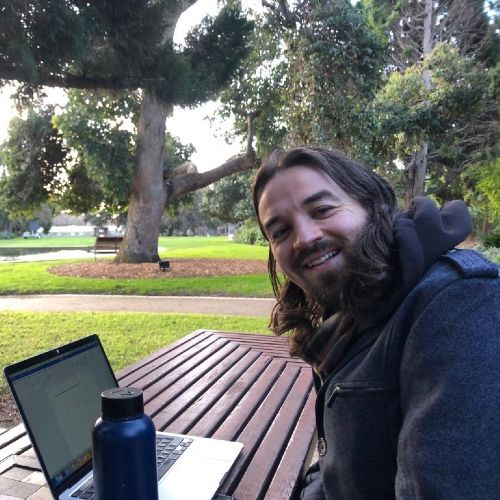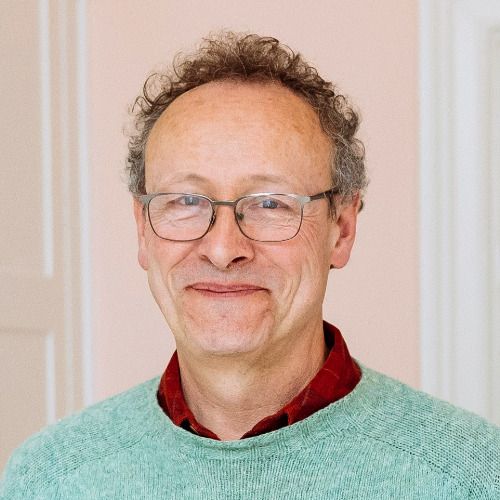Prof Paul Higate - Militarism and Military Masculinities: Why Do They Matter?
With the build-up of Russian troops on the borders of Ukraine, and the macho posturing of political leaders, military masculinities remain highly influential. But what does this concept mean, and is it something we should be concerned about? How are masculinities constructed within the armed forces? Is UK society becoming increasingly influenced by militarism? We explore these questions and much more with Professor Paul Higate.
Paul is Professor in Security and Conflict at the University of Bath, in the Department of Politics, Languages & International Studies. He is an advisory editor for the journal Men & Masculinities, and on the editorial board for the journal Critical Military Studies. He was previously in the Royal Air Force for 8 years as a non-commissioned officer, having enlisted when he was 17.
Paul’s research has focused on the links between service in the British army and homelessness, the experience of armed service leavers more broadly, peacekeepers and sexual exploitation, security and host populations hosting peacekeeping operations, and Private Military Security Companies and masculinity. In 2003 he edited the book ‘Military Masculinities: Identity and the State’ (Praeger). You can read more about Paul’s work here: https://researchportal.bath.ac.uk/en/persons/paul-higate, and find him on LinkedIn here: https://www.linkedin.com/in/paul-higate-956876b/.
We cover the following topics in this episode:
- What 'military masculinities' are
- The values celebrated within military masculinity
- How the military is viewed in the UK
- Misogyny, homophobia, extremism in service subcultures
- Parallels between military culture and other masculinised institutions
- Violence against women in the military
- 'Feminisation' of the military and more inclusionary approaches to race, sexuality, religion
- Paul’s experience in the RAF and the impact it had on him
- Paul’s PhD research on homelessness among veterans
- Early recruitment of young people in the UK
- Militarism in Britain: Troops to Teachers, cadet forces, services visibility
- Impacts of war toys and video games
- Symbolism of the poppy
- What the military might look like in the future
Some of Paul’s work:
- Lecture on ‘Beyond the Myth of the Apolitical Actor: The Case of the British Military’: https://youtu.be/1DoOOp5gb2E
- Lecture on ‘Interrogating British Armed Forces Recruiting in Contemporary Times’: https://youtu.be/_G9DMzuQ9XI
- Article for Rethinking Security on ‘Racial Hierarchies and the War on Terror’ (2021): https://rethinkingsecurity.org.uk/2021/10/12/racial-hierarchies/
- Article for The Conversation UK on ‘Colour, gender, religion: There’s more than political correctness to the new British Army recruitment campaign’ (2018): https://theconversation.com/colour-gender-religion-theres-more-than-political-correctness-to-the-new-british-army-recruitment-campaign-90199
- Co-edited book on ‘Private Security in Africa: From the Global Assemblage to the Everyday’ (2017, Zed Books): https://www.bloomsbury.com/uk/private-security-in-africa-9781786990259/
Other resources of interest:
- Professor Cynthia Enloe: https://www2.clarku.edu/faculty/facultybio.cfm?id=343
- Women’s International League for Peace and Freedom: https://www.wilpf.org
- More info about UK Parliamentary report about women’s experiences in the armed forces: https://www.theguardian.com/uk-news/2021/jul/25/two-thirds-of-women-in-uk-military-report-bullying-and-sexual-abuse
- Article by Stephen, Prof Nicole Westmarland and Sandy for The Conversation UK – ‘Sarah Everard, police culture and the ‘masculinised’ workplaces we can all help change’: https://theconversation.com/sarah-everard-police-culture-and-the-masculinised-workplaces-we-can-all-help-change-169774
- The film ‘if…’ (1968) mentioned by Sandy: https://en.wikipedia.org/wiki/If....
- Recent news story about the conduct of officers at Charing Cross Police Station: https://www.bbc.co.uk/news/uk-england-london-60215575



